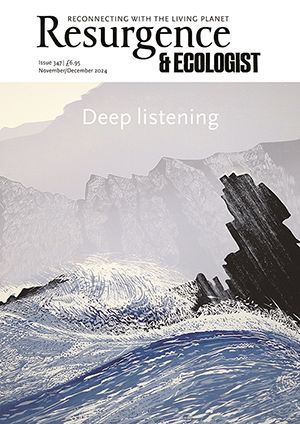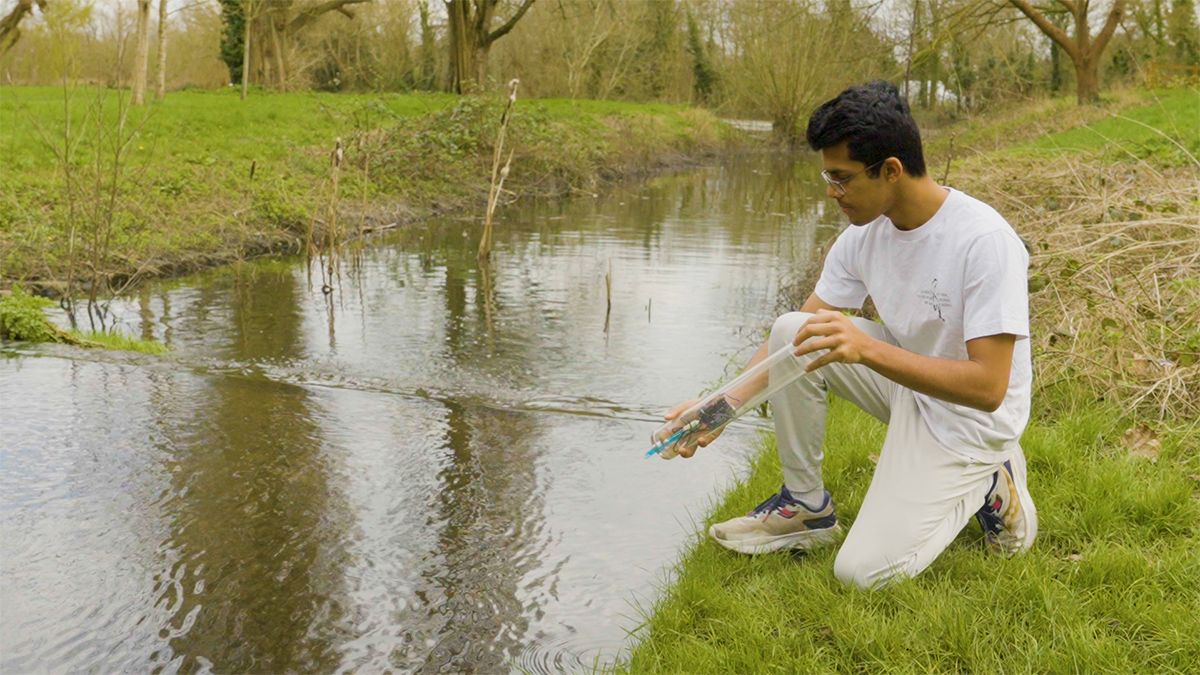The annual Earth Prize – originally launched in 2021 – is currently open for registration from teenage students until the end of November 2024 and is an invitation to schools and teachers to explore innovative solutions to the climate challenges we face globally. And for the first time, instead of giving all the money to a single prize-winning team, the 2025 fund will be split to award seven regional winners US$12,500 each to kick-start their ideas.
The Earth Prize focuses on projects that work to accelerate positive change and environmental sustainability. The students submit their ‘Fresh Idea’, and after the judges select the regional winners, voting to name one overall winner opens to the public next spring, with an announcement made to coincide with the annual Earth Day (22 April).
The prize is open to students who were born between 2005 and 2011. They must be registered in a school or accredited educational programme and they can register either as solo entrants or as part of a team.
Previous winners include in 2024 team Floodgate, a group of teenagers from the North Carolina School of Science and Mathematics, USA, who devised a system of flood prediction and warning to protect at-risk communities worldwide, and in 2023 team Delavo, a Turkish team who created a device to treat and reuse laundry machine waste water.
This prize is not a ‘one-and-done’. Instead, the organisers run an alumni platform offering mentoring, masterclasses, networking and both internship and volunteer opportunities for members joining what founder Peter McGarry describes as The Earth Prize ‘ecosystem’.
McGarry, a Switzerland-based financier who says he has no background in the environment movement, was inspired to launch the prize after witnessing one of the 2019 school strike marches outside his Geneva offices calling on adults to take responsibility for the climate changes that were happening.
He went home, talked about the commotion he’d witnessed, and was told by the eldest of his four children that the young people were marching for the planet. The date was 15 March 2021, when more than a million people took part in 2,200 events across 125 countries.
“I had seen for myself the passion the children had shown in those marches, and I asked myself, what can I do so that passion doesn’t just dissipate after the event? I was also inspired by the Nobel Peace prize, curious to find out more about the winners and ending up reading their papers and finding out more about them.
“The idea is we wanted to show young kids everywhere that young people really can make an impact. When it comes to the public vote, which is new this year, what we want is people to read about the seven ideas chosen as regional winners and really engage with them.
“What I wanted out of The Earth Prize, other than the ideas themselves, is that it becomes an inspiration; that people feel uplifted and go, OK, we have these problems, which are not going to go away, but there are solutions, and we can come up with those solutions.”







